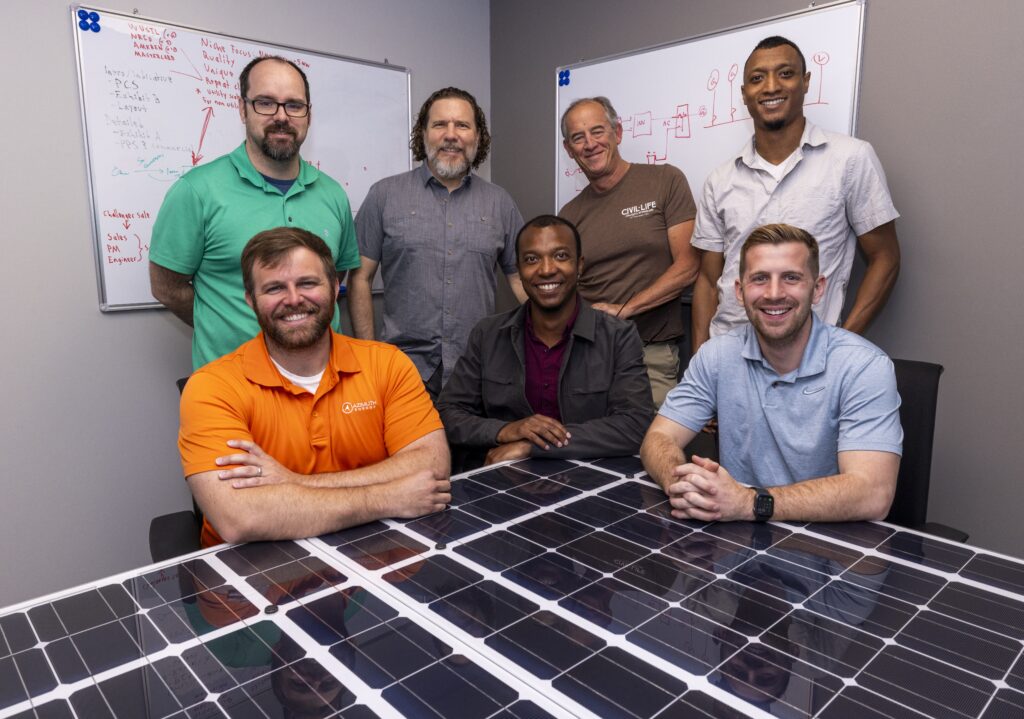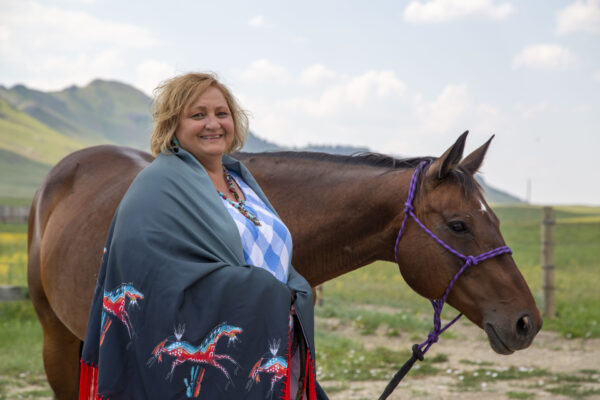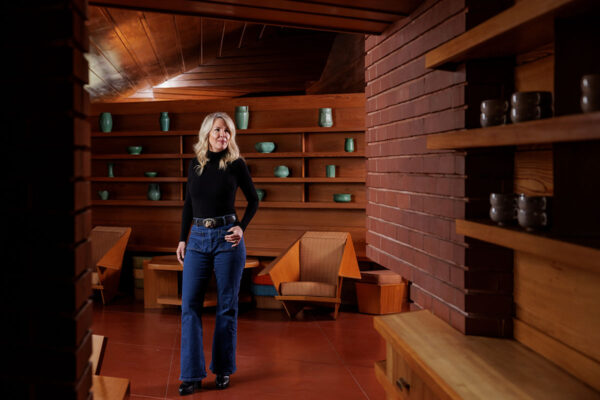Before the 2017 conference track and field championships, Deko Devins had the word “compete” tattooed on his left shoulder. He went on to win the conference and NCAA Division III championships in both indoor and outdoor men’s 800 meters, setting a program record that holds today.
Devins no longer runs, but he’s never stopped competing. At 29, he leads St. Louis–based Azimuth Energy, making his way from intern to president in seven years.
“I love the grind of competition — that drive to be better, to learn more, to do more,” says Devins, BS ’17. “You see that same spirit in the solar industry. We’ve gone from, ‘How do we convince people that solar is a proven technology and better than fossil fuels?’ to ‘How do we deploy solar as fast as possible?’ We are in a race to solve this problem.”
For Devins, solar energy is more than a weapon against climate change. It’s a tool to help the world’s most vulnerable people. He arrived at WashU in 2013 determined to find ways to make solar affordable and accessible. Back then, solar energy accounted for a mere one-quarter of 1% of the energy produced in this country.
“Solar once looked terrible financially, but from a material sciences perspective, it was clear that the cost of solar was going down, while the efficiency was going up,” Devins says. “By the time I graduated, solar cost less than grid energy produced from fossil fuels. The timing couldn’t have been better.”

Fast forward to today — the solar industry is exploding. Azimuth Energy designs and builds solar projects for commercial, industrial utility and institutional clients across the nation and the Caribbean as well as community solar projects, an emerging model that enables users who cannot install on their own property to buy into local solar gardens. Thanks to advances in solar technology and new tax credits, solar power is expected to grow from 3% of the nation’s energy inventory to 40% in 2050. With every completed multimillion-dollar project, Azimuth contributes to that trend.
He credits several mentors along his journey, including Phil Valko, AB ’03, WashU’s assistant vice chancellor for sustainability, for his current success. Valko hired Devins to work on campus renewable energy projects. He also introduced him to Marc Lopata, Azimuth’s founder.
Finding Phil gave me a route to the real world in solar,” Devins says. “Until then, I wanted to pursue research in solar material science. Working with Phil and meeting Marc, I learned that it was time for solar deployment. It is a monumental shift to go from ‘I want to be a researcher’ to ‘I want to work in construction.’”
Now Devins is inspiring the next generation. At WashU, he’s a guest lecturer in “Reset,” Valko’s renewable energy course, and advises an engineering student through McKelvey’s Mentor Collective. “I’m transitioning from mentee to mentor,” Devins says. “It’s an interesting challenge. And one that I love.”


